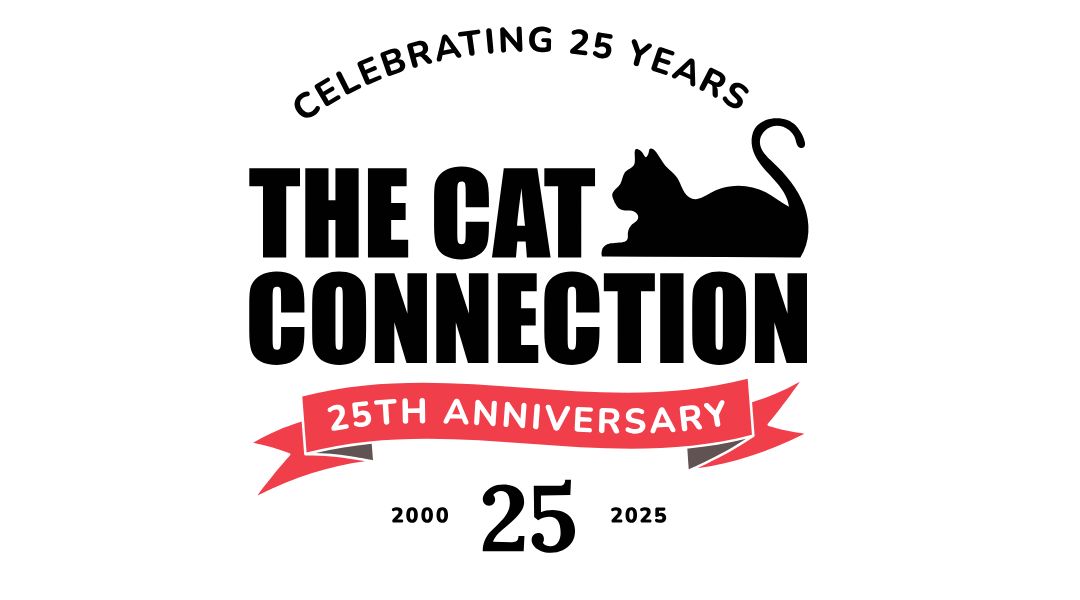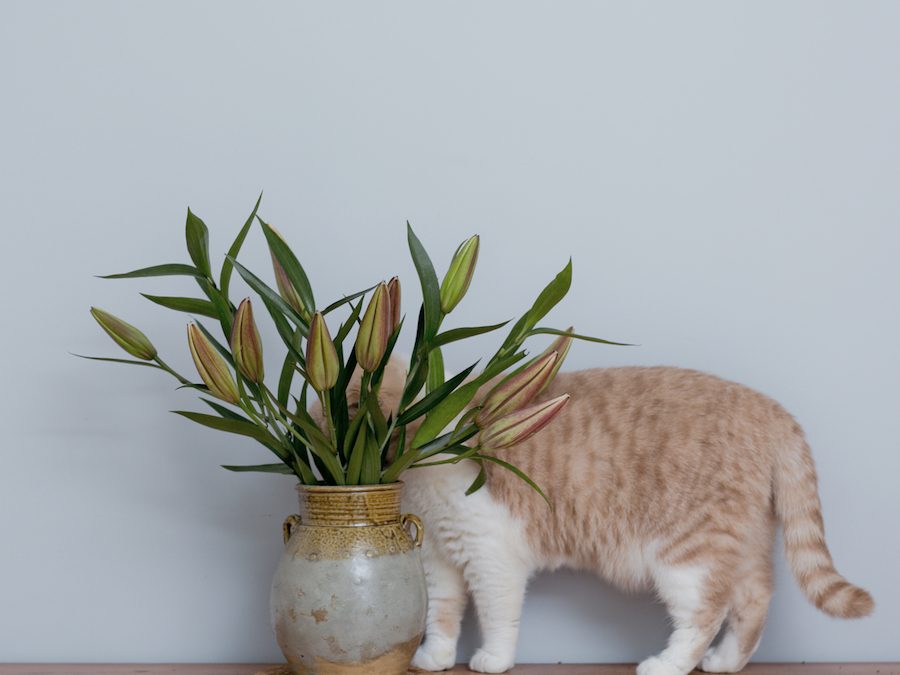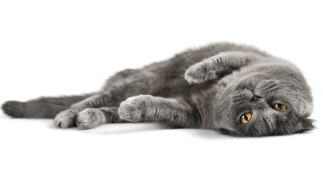Cats are extremely curious creatures. And an indoor plant is sort of connection with the outer world for them. It’s natural for them to want to explore plants, and of course exploring may involve ingestion. Unfortunately, there are many plants that are toxic to cats. It’s important for pet parents to be aware of this list and avoid having these plants within their cats’ reach:
Lilies: members of the Lilium family are considered to be highly toxic to cats. Many types of lily, such as Tiger, Asian, Japanese Show, Easter, Stargazer, and the Casa Blanca, can cause kidney failure in cats. Ingestions of even small amounts can cause death.
Oleander: a highly toxic protein that can produce severe abdominal pain, drooling, vomiting, diarrhea, excessive thirst, weakness and loss of appetite. Severe cases of poisoning can result in dehydration, muscle twitching, tremors, seizures, coma and death
Cyclamen: signs of cyclamen toxicity involving small amounts of the plant include drooling, vomiting and diarrhea. If a cat ingests large quantities of cyclamen, it can experience abnormal heart rate and rhythm, seizures and death
Dieffenbachia: This common houseplant contains insoluble calcium oxalate crystals, which cause oral irritation (burning feeling in the mouth, drooling, vomiting, difficulty swallowing). Although generally not deadly, exposure to this plant is painful and extremely uncomfortable for cats.
Sago palm: All parts of this houseplant are poisonous, but the seeds or “nuts” contain the largest amount of toxin. The ingestion of just one or two seeds can result in very serious effects, which include vomiting, diarrhea, depression, seizures and liver failure.
Amaryllis: These plants contain several toxic principles, but the most dangerous is Lycorine. Cats exposed to this toxin may experience shaking, drooling, vomiting, diarrhea and abdominal pain.
Rhododendron/Azalea: The toxic principle of this plant is grayanotoxin which interferes with the functioning of skeletal muscles and the heart. Ingesting even a small amount can cause drooling, vomiting, diarrhea, low blood pressure, paralysis in the legs, depression of the central nervous system (CNS), weakness, stupor, coma, a collapse of the heart and death.
Tulips & Hyacinth: tulips are toxic to cats. The bulbs are the most toxic part but any part of the plant can be harmful to your cat, so all tulips should be kept well away. They contain allergenic lactones which, if swallowed, can lead to vomiting, diarrhea and depression.
Chrysanthemum/Daisy: These plants contain several toxic principles. Ingestion of or exposure to any part of the plant can result in skin irritation, drooling, diarrhea, vomiting, and loss of coordination.
Spathiphyllum aka Peace Lily: Insoluble calcium oxalates are the toxic principles of this plant. Ingestion can cause oral irritation and burning of the mouth and throat, drooling, vomiting, and trouble swallowing.
Croton: Ingestion may cause mild oral and gastrointestinal irritation resulting in mild drooling, vomiting, and/or diarrhea. Skin irritation may also occur after exposure to the sap but tends to be mild.
Poinsettia: These have a reputation for being extremely harmful to cats. In reality, ingestion of excessive poinsettia may produce only mild to moderate gastrointestinal tract irritation.
You should also avoid these flowers commonly found in arrangements:
- Cala Lily
- Carnation
- Delphinium
- Gladiolas
- Hydrangea
- Larkspur
If your cat has ingested a toxic plant, here are some steps you can take (of course it’s always safest to take your cat to the vet).
- Remove any plant material from the hair and skin.
- If necessary, wash the cat with warm water and a little non-irritating dish soap.
- Identify what plant they may have eaten. If you don’t know what kind of plant it is and you can bring it with you, do so. Veterinarians don’t receive much training in plant identification, but every effort needs to be made to identify the plant. If your cat has vomited at all, try to collect some it for the doctor.
Other useful info:
Pet Poison Helpline: https://www.petpoisonhelpline.com/
ASPCA Animal Poison Control Center Phone Number: (888) 426-4435


